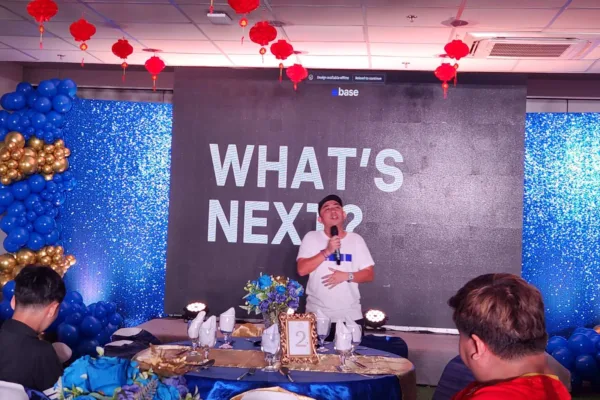The Philippines’ Securities and Exchange Commission (SEC) is taking steps to block local access to Binance, citing that the exchange operates without the necessary license.
In a letter dated March 12 sent to the National Telecommunications Commission (NTC), SEC Chairperson Emilio Aquino explained that Binance poses a threat to the security of the funds of investing Filipinos.
“The SEC has since identified the aforementioned platform and concluded that the public’s continued access to these websites/apps poses a threat to the security of the funds of investing Filipinos,” the SEC chairperson stated in his letter.

Operating without proper authorizations
In November last year, the SEC issued a warning stating that Binance was conducting business in the Philippines without the requisite permits. It also accused Binance of illegally offering various services, including crypto savings accounts and leveraged trading options, without securing proper authorizations.
Binance, which defines itself as a facility for trading financial instruments, offers investment products that include spot trading using leverage, futures contracts, option contracts, cryptocurrency savings accounts, cryptocurrency staking services, and a platform for initial coin offerings.
Touted as the largest cryptocurrency website in the world, Binance currently has an average daily trading volume of US$65 billion covering more than 402 cryptocurrencies, with a membership of over 183 million, according to its website.
The group has been actively employing promotional campaigns on social media to attract Filipinos to engage in investment and trading activities using its platforms. An app version is also downloadable on Google Playstore and the Apple App Store.
Binance, however, has not secured from the SEC a license to solicit investments from the public, nor to create or operate an exchange for the buying and selling of securities, as required by Republic Act No. 8799, or The Securities Regulation Code (SRC).
Considering the size and volume of Binance’s operations, the SEC has ensured the investing public that they would be given enough time to exit the platform and reposition their portfolio in favor of authorized investment products and platforms.
Access to Binance’s website and associated services is now prohibited
The SEC has been actively working with the NTC to block websites illegally offering investments in the country. Since February this year, upon the SEC’s request, the NTC has already ordered all internet service providers to block the websites and apps of OctaFX and MiTrade to protect the investing public.
As of this writing, the regulatory body has also obtained the green light from the NTC to prohibit access to Binance’s website and its associated services nationwide.
The commission has also requested tech giants Google and Meta, the parent company of Facebook, to halt any advertisements by Binance that target Filipino consumers, highlighting concerns over social media promotions aimed at drawing in investors from the Philippines.
Although the number of Filipino users on Binance is still unavailable, GWI research suggests that the Philippines has over 9.3 million cryptocurrency owners, positioning it as the seventh largest country in crypto ownership.
Binance continues to face regulatory challenges in different countries. The largest crypto exchange was also reported to have faced severe backlash in Nigeria since February.
Earlier this month, Nadeem Anjarwalla, the exchange’s regional manager who was detained as a part of the investigation, was reported to have fled the country using a fake passport.








